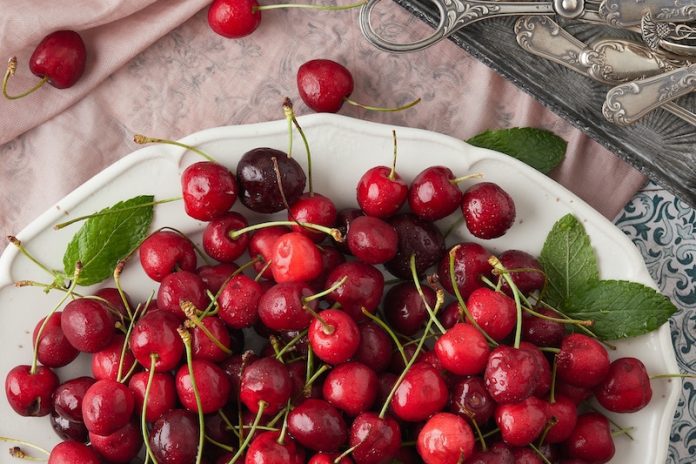
Gout is a painful condition caused by the buildup of uric acid crystals in the joints, often leading to sudden and severe joint pain.
While medication can help manage gout, making smart dietary choices can also play a significant role in preventing painful flare-ups.
In this study review, we’ll explore how your diet can influence gout and share practical tips on making dietary choices to reduce your risk of gout attacks.
Background Information
Gout occurs when there’s too much uric acid in your bloodstream. Uric acid is a natural waste product that should be excreted by your kidneys.
However, when your body produces too much uric acid or doesn’t eliminate it efficiently, it can accumulate and form crystals in your joints, causing inflammation and pain.
Research Evidence
- Foods to Avoid:
Certain foods can trigger gout flare-ups because they are high in purines, which are compounds that can be broken down into uric acid. Foods to limit or avoid include:
Red Meat: Beef, lamb, and pork are rich in purines. Reducing your intake of these meats can help lower uric acid levels.
Organ Meats: Liver, kidney, and other organ meats are particularly high in purines and should be consumed sparingly.
Seafood: Some types of seafood, such as anchovies, sardines, mussels, and herring, are high in purines. Moderation is key when enjoying these foods.
High-Fructose Corn Syrup: Sugary beverages sweetened with high-fructose corn syrup may increase uric acid levels. Opt for water or drinks with lower sugar content.
- Foods to Include:
Certain dietary choices can help reduce the risk of gout flare-ups. These include:
Cherries: Research suggests that cherries, especially tart cherries, may help lower uric acid levels and reduce gout attacks. Consider adding cherries or cherry juice to your diet.
Low-Fat Dairy: Low-fat dairy products like milk and yogurt have been associated with a lower risk of gout. They may help flush out uric acid from the body.
Vegetables: Many vegetables are low in purines and can be included in a gout-friendly diet. Leafy greens, bell peppers, and carrots are good choices.
Complex Carbohydrates: Foods like whole grains, brown rice, and oats are not only nutritious but can also help lower uric acid levels.
- Hydration Matters:
Staying hydrated is crucial for preventing gout attacks. Drinking plenty of water helps your kidneys flush out excess uric acid more effectively.
Aim for at least eight glasses of water a day, and limit alcohol consumption, which can dehydrate you and increase the risk of gout attacks.
Conclusion
In conclusion, making dietary choices to prevent gout flare-ups is a proactive step you can take to manage this painful condition. Avoiding or limiting foods high in purines, such as red meat and certain seafood, can help reduce uric acid levels.
Conversely, incorporating gout-friendly foods like cherries, low-fat dairy, vegetables, and complex carbohydrates into your diet can be beneficial.
Remember that gout management is not just about what you eat; it’s about maintaining a healthy lifestyle overall.
Staying hydrated, managing your weight, and taking any prescribed medications as directed by your healthcare provider are also essential components of gout management.
If you have gout or are at risk of developing it, consult with a healthcare professional or registered dietitian for personalized dietary recommendations.
By making informed dietary choices and following your healthcare provider’s advice, you can take control of your gout and enjoy a healthier, pain-free life.
Follow us on Twitter for more articles about this topic.
Copyright © 2023 Scientific Diet. All rights reserved.





